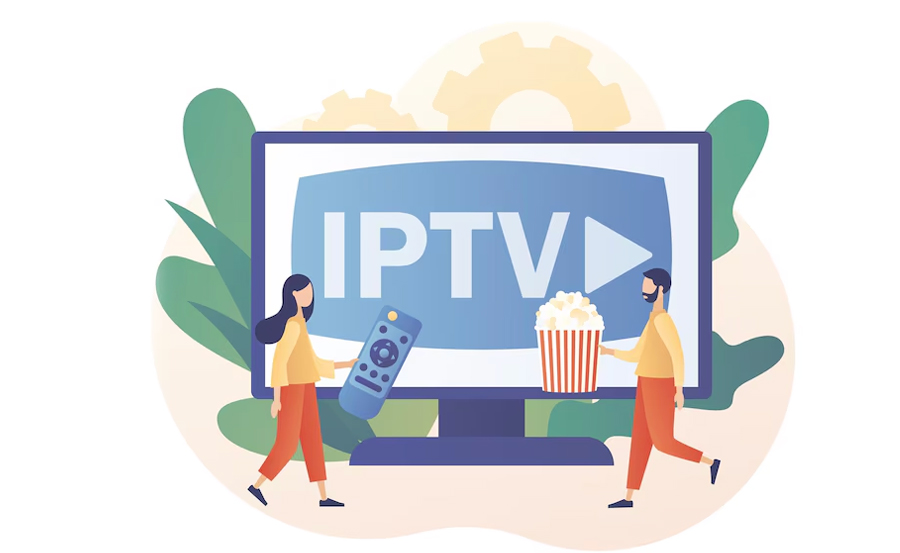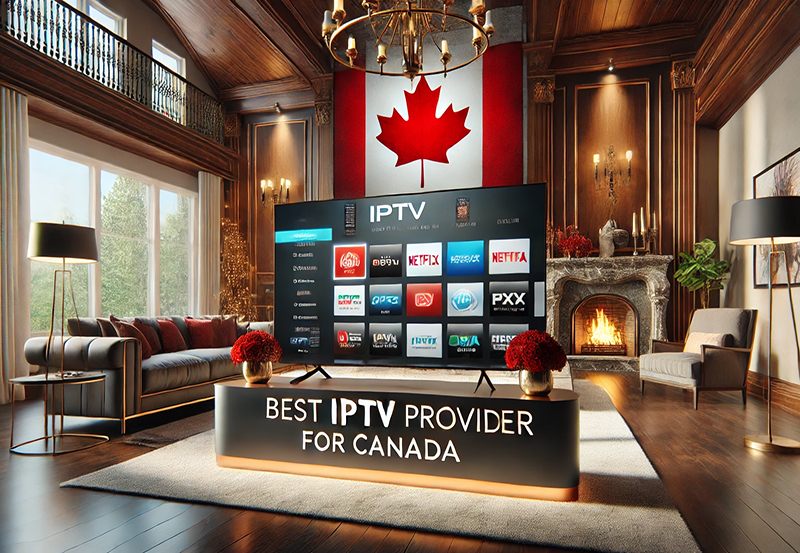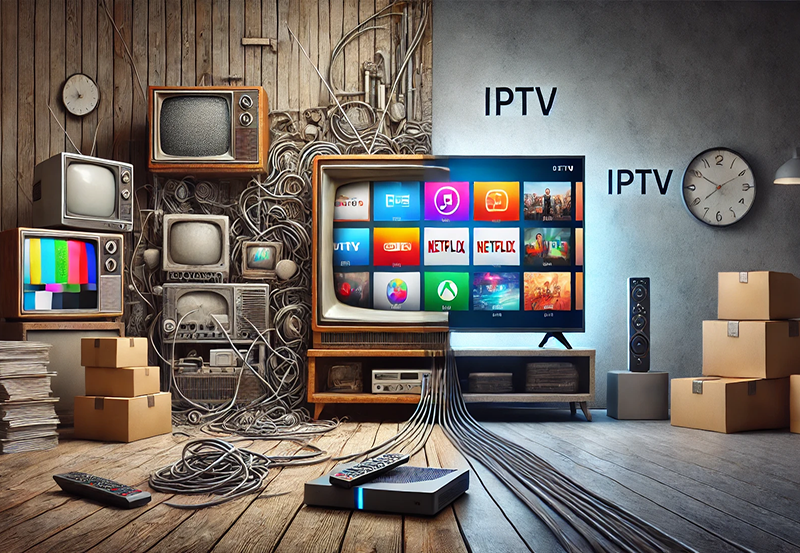The Future of IPTV: Reviews of Emerging Services and Technologies
As the digital landscape evolves, IPTV (Internet Protocol Television) continues to redefine how we consume entertainment. With advances in internet technology, content delivery, and user experience, the future of IPTV looks promising. Emerging IPTV services and innovative technologies are driving the industry toward greater flexibility, personalization, and interactivity.
This article explores the future of IPTV, reviews emerging services, and highlights the technologies shaping its development.
The Current State of IPTV
IPTV has become a viable alternative to traditional cable and satellite TV due to its flexibility, affordability, and access to global content. Key features that have popularized IPTV include:
- Live TV Streaming: Access to thousands of channels from around the world.
- On-Demand Content: Movies, series, and documentaries available anytime.
- Device Compatibility: Works on smart TVs, smartphones, tablets, and streaming devices.
- Personalization: Customizable playlists and Electronic Program Guides (EPG).
Emerging IPTV Services
Several new IPTV providers are entering the market, offering advanced features and innovative approaches to content delivery. Here are some noteworthy emerging services:
1. Cloud-Based IPTV Services
- Cloud-based platforms allow users to access their content library from anywhere without needing a physical server.
- Examples: Helix IPTV, Sling TV.
- Key Features:
- Seamless synchronization across devices.
- Scalability for better performance during high-demand periods.
2. AI-Powered Content Recommendations
- AI integration enables personalized viewing experiences by analyzing user preferences.
- Examples: Netflix-style content curation on IPTV platforms.
- Key Features:
- Tailored channel recommendations.
- Predictive analytics for upcoming shows.
3. 4K and 8K Streaming Services
- The demand for ultra-high-definition content is pushing IPTV providers to offer 4K and 8K streaming options.
- Examples: Rapid IPTV, IPTV Smarters Pro (with 4K support).
- Key Features:
- Crystal-clear visuals for compatible devices.
- Adaptive streaming for fluctuating internet speeds.
4. Interactive IPTV Services
- Enhanced interactivity allows viewers to participate in live polls, vote during shows, or interact with advertisements.
- Examples: Sports IPTV platforms with live stats and audience engagement.
- Key Features:
- Real-time interaction features.
- Gamification elements in live programming.
5. Hybrid IPTV Services
- Combine traditional broadcasting methods with internet-based streaming for a seamless transition between live and on-demand content.
- Examples: YouTube TV, Hulu + Live TV.
- Key Features:
- Live TV with DVR functionality.
- Access to both linear channels and streaming libraries.
Technologies Shaping the Future of IPTV
The following technologies are revolutionizing IPTV delivery and user experience:
1. 5G Connectivity
- The rollout of 5G networks is set to enhance IPTV performance by reducing latency and improving streaming quality.
- Impact:
- Seamless 4K and 8K streaming.
- Lower buffering rates for live TV.
2. Blockchain for Content Distribution
- Blockchain technology ensures secure and transparent content distribution, reducing piracy risks.
- Benefits:
- Decentralized delivery networks.
- Enhanced content licensing and royalty tracking.
3. Edge Computing
- Edge computing reduces latency by processing data closer to the user’s location.
- Applications in IPTV:
- Faster load times for live TV.
- Real-time content delivery.
4. Virtual and Augmented Reality (VR/AR)
- VR and AR are set to revolutionize how we interact with IPTV content.
- Examples:
- Immersive sports experiences with VR stadium views.
- AR overlays for live news and weather updates.
5. AI-Driven Content Moderation
- AI algorithms ensure the delivery of safe and age-appropriate content.
- Key Features:
- Automated content filtering.
- Enhanced parental controls.
Challenges Facing the IPTV Industry
Despite the promising future, IPTV providers face several challenges:
- Piracy Concerns:
- Illegal IPTV streams harm the industry’s credibility.
- Solutions: Blockchain and advanced DRM (Digital Rights Management) systems.
- Bandwidth Limitations:
- High-definition streaming requires significant internet bandwidth.
- Solutions: Adaptive streaming and 5G networks.
- Content Licensing:
- Securing licenses for global content is expensive and complex.
- Solutions: Partnerships with major broadcasters.
Future Trends in IPTV
- Subscription Bundling:
- IPTV services are likely to partner with OTT platforms like Netflix and Disney+ for bundled subscriptions.
- Ad-Free Streaming Models:
- More providers will adopt premium, ad-free subscription plans.
- Localized Content:
- Increased focus on regional and language-specific programming.
- Smart Home Integration:
- Voice commands and smart home devices will play a bigger role in IPTV navigation.
How to Choose an IPTV Provider in the Future
When selecting an IPTV provider, consider the following:
- Content Library:
- Look for services offering a mix of live TV, on-demand, and localized content.
- Streaming Quality:
- Ensure the provider supports HD, 4K, or even 8K for future-proofing.
- Technological Features:
- Check for AI-driven recommendations, cloud DVR, and device compatibility.
- Reliability:
- Research the provider’s uptime and server stability.
Conclusion
The future of IPTV is bright, with emerging services and technologies transforming the way we consume content. Innovations like 5G, blockchain, and AI are enhancing the streaming experience, while providers are expanding their offerings to include 4K/8K streaming, interactivity, and VR/AR capabilities. As IPTV evolves, it promises to deliver a more personalized, immersive, and flexible entertainment experience for viewers worldwide.
Now is the perfect time to explore the new IPTV services and embrace the future of television.
How to Improve IPTV Streaming Quality





